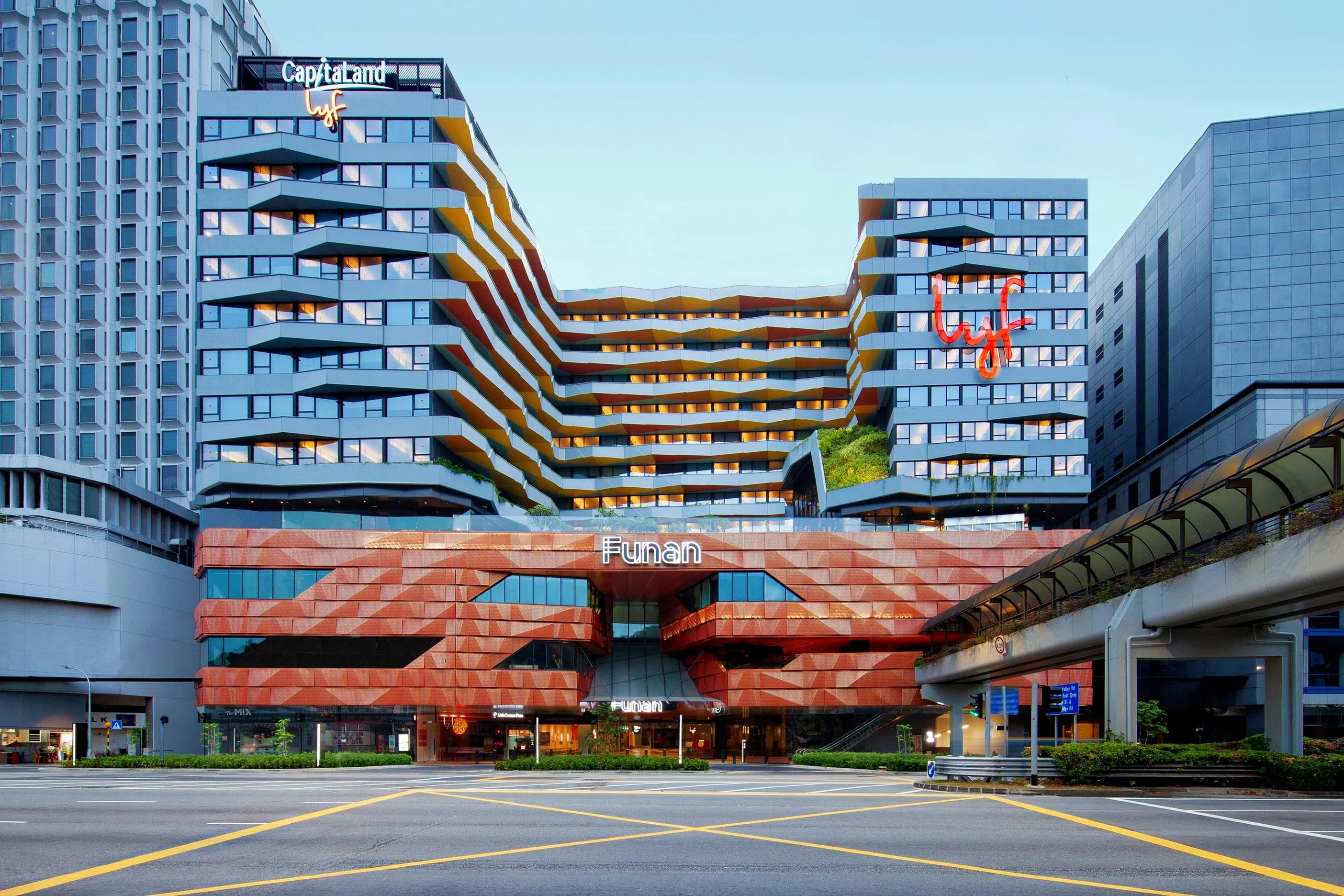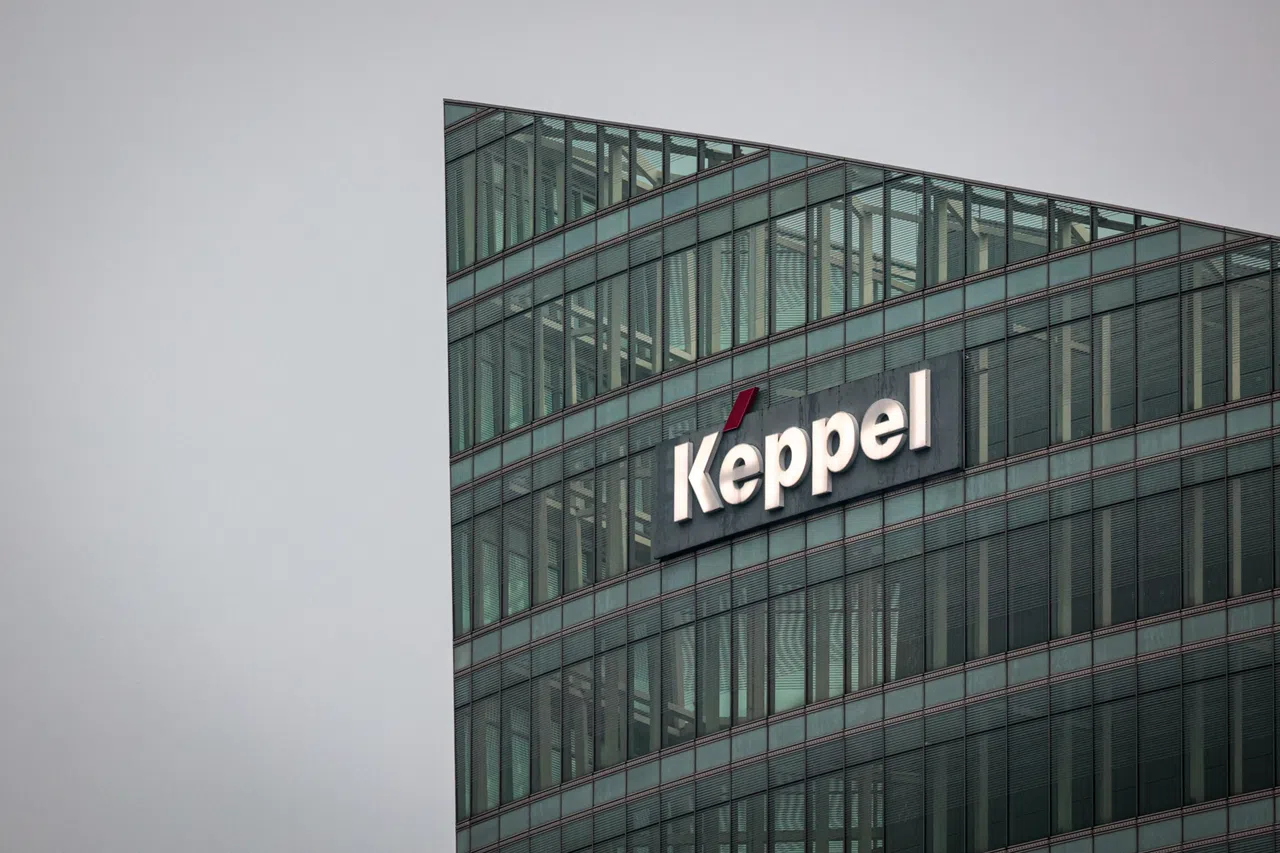THE manager of CapitaLand Ascott Trust (Clas) sees potential unevenness in near-term performance, owing to a softer outlook in the Singapore market and properties undergoing asset-enhancement initiatives (AEIs).
This followed the trust posting a 7 per cent fall in distribution per stapled security (DPS) to S$0.0355 for the second half ended Dec 31, 2024, from S$0.038 in the year-ago period.
At an earnings briefing on Monday (Jan 27), chief executive of Clas’ manager Serena Teo attributed the lower overall DPS to a fall in one-off income. This arose from the repayment of foreign currency bank loans and medium-term notes, as well as the settlement of cross-currency interest-rate swaps.
Excluding these non-periodic items, core DPS grew 3 per cent year on year to S$0.0308 from S$0.03.
The results came on the back of higher revenue for the half-year period, which was up 6 per cent at S$423.2 million, from S$397.6 million in the same period the year before. Gross profit increased 7.7 per cent to S$198 million, from S$183.9 million in H2 FY2023.
Meanwhile, total distribution for the half-year was down 4 per cent at S$134.8 million, from S$140.8 million in the year-ago period.
BT in your inbox
Start and end each day with the latest news stories and analyses delivered straight to your inbox.
Foreign-exchange losses amounted to S$14.3 million in H2 FY2024, from a gain of S$11.5 million in H2 FY2023. Operating expenses were up 51 per cent at S$5.5 million, and finance costs rose by 15 per cent to S$51.7 million.
For the full year, total distribution fell 2 per cent on year to S$231.2 million from S$237 million, while revenue rose 9 per cent on year to S$809.5 million from S$744.6 million.
“You’re starting to see portfolio reconstitution, which is the combination of AEI completions, ongoing AEIs, as well as the net effect of divestments versus acquisitions coming through, to boost gross profit in the portfolio,” said Teo.
She believed that was “more than sufficient” for Clas to offset the effects of weaker foreign currencies against the Singapore dollar, and higher financing costs from elevated interest rates.
For FY2024, DPS stood at S$0.061, down 7 per cent year on year. After adjusting for non-periodic items, core DPS stood at S$0.0549, up 1 per cent from S$0.0544 recorded in the same period the year before.
The distribution for H2 will be paid out on Feb 28, after the record date on Feb 6.
Operational improvements
Teo also highlighted that Clas was “firing on all operational cylinders”. Revenue per available unit was up 6 per cent to S$167 for H2 FY2024, thanks to continued strong demand for international travel.
As at Dec 31, 2024, the trust had a “well-staggered” master lease expiry, with two master leases – one in Japan and another in Australia – due to expire in the second half of 2025. The majority of master leases – 67 per cent – are due in 2029 and beyond.
Teo said the terms of the two master leases in Japan and Australia are being reviewed, but an overall upside is expected later in the year. Currently, the two contribute less than 3 per cent of the trust’s gross profit, with the one in Japan accounting for a larger proportion, she added.
At the same time, Clas continued to have “strong financial capability and healthy liquidity” in FY2024, the chief executive said.
Net asset value per stapled security stood at S$1.15 as at end-2024. Gearing was 38.3 per cent and predicted to remain below, or at, 40 per cent in the near term. Meanwhile, Clas’ proportion of debt on fixed rates stood at 77 per cent. It also has some S$1.6 billion in cash and available credit facilities.
The weighted average debt maturity was 3.7 years, and the average cost of debt remained at 3 per cent a year. These levels are likely to be maintained in 2025, with the general market possibly seeing a moderation in interest rates, save for Japan, said Teo.
In the next quarter, the chief executive expects Clas to experience “unevenness on operational income”, as a result of divestments or properties undergoing AEIs.
The Singapore market is anticipated to be softer as well, coming off a high base in Q1 2024, she said. Hotel rates and international visitor arrivals spiked last March, particularly for the duration of global pop star Taylor Swift’s concerts in the city-state.
But the other key markets in Clas’ portfolio – including Japan, Australia and France – are predicted to see healthy demand and a positive outlook, said Teo.
In the meantime, the manager will continue to focus on its core operational performance as the linchpin of Clas’ distribution. “This will include very active asset management and asset enhancements… to drive performance and returns, as well as portfolio reconstitution – one of which includes divesting and redeploying proceeds to higher-yielding acquisitions,” said Teo.
“To mitigate the short-term impact of our upcoming AEIs, Clas will distribute past undistributed divestment gains to keep distributions stable,” she added. For instance, top-ups may be included in the trust’s non-periodic distributions to “counter the temporary impacts of AEIs”, but this will be scaled back as major AEIs are completed.
The chief executive also noted opportunities to be unlocked across Clas’ 100 properties. including those in Japan, where the trust had 28 properties as at end-2024.
The hotel and serviced residences segment could expand to new cities where industries, such as the semiconductor sector, are proliferating, said Teo. That may drive job growth and, consequently, domestic migration.
There are also some opportunities in Europe to redeploy capital through AEIs or acquisitions of higher-yielding properties, she said.
Stapled securities of Clas closed Monday flat at S$0.88.






